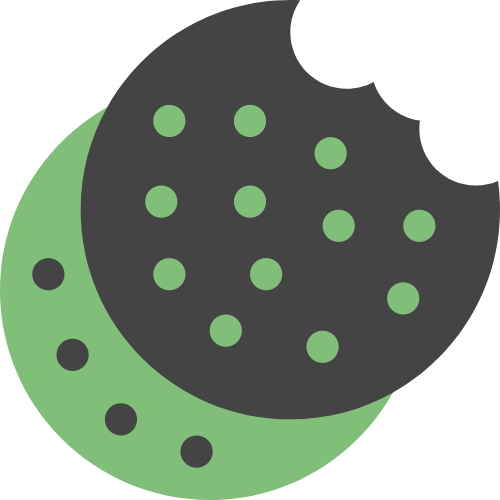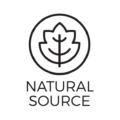- Getting Started
-
by k.mammasis
Who should be cautious?
While pomegranate is generally considered safe and healthy for most people, there are some groups who should not eat pomegranate or may need to seek advice before eating it.

People taking certain medications
Pomegranate juice and supplements can interact with some medications, including blood thinners like warfarin, and some cholesterol-lowering drugs. If you are taking medication, it’s important to speak with your healthcare provider before consuming pomegranate.
People with allergies
Some people may have an allergy to pomegranate. Symptoms of an allergic reaction can include itching, swelling, hives, or difficulty breathing. If you have a known allergy to pomegranate, you should avoid consuming it.
People with low blood pressure
Pomegranate juice has been shown to lower blood pressure, which can be beneficial for some people. However, if you have low blood pressure or are taking medication to lower your blood pressure, you should be cautious about consuming pomegranate juice as it may lower your blood pressure too much.
People with kidney problems
Pomegranate juice is high in potassium, which can be problematic for people with kidney problems who need to limit their potassium intake.
Infants and young children
Infants and young children may be at risk for choking on pomegranate seeds. It’s recommended that parents remove the seeds before giving pomegranate to young children. You may also choose any of our liquid functional food formulas that is 100% safe to consume and carries all the benefits of the pomegranate in a much more concentrated form. Your kids will love the taste, which is not artificial or makes use of any preservatives. It is an award-winning taste and we are proud for it!
Summary
In summary, while pomegranate is generally safe and healthy for most people. Unfortunately, there are some people under special medical conditions who should not eat pomegranate all together. It’s important to exercise caution and speak with a healthcare provider before consuming any functional food or supplement if you are under any kind of medication that may interfere.














